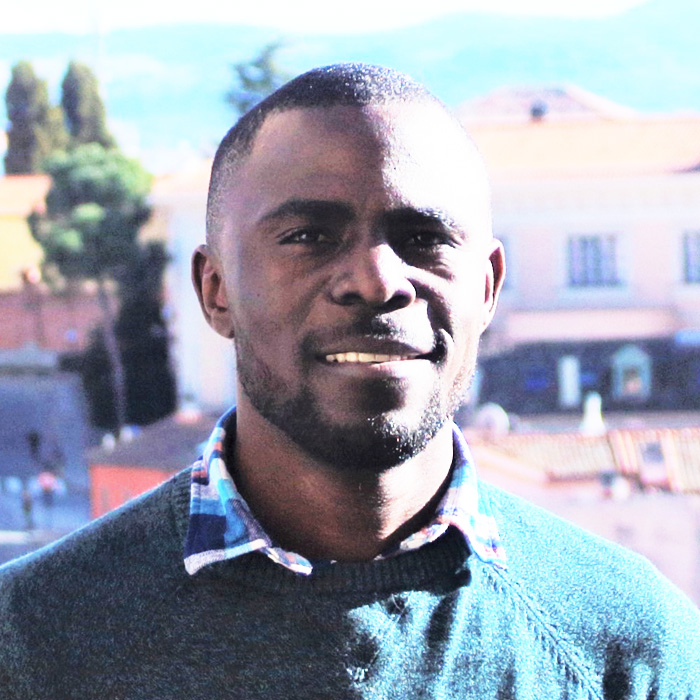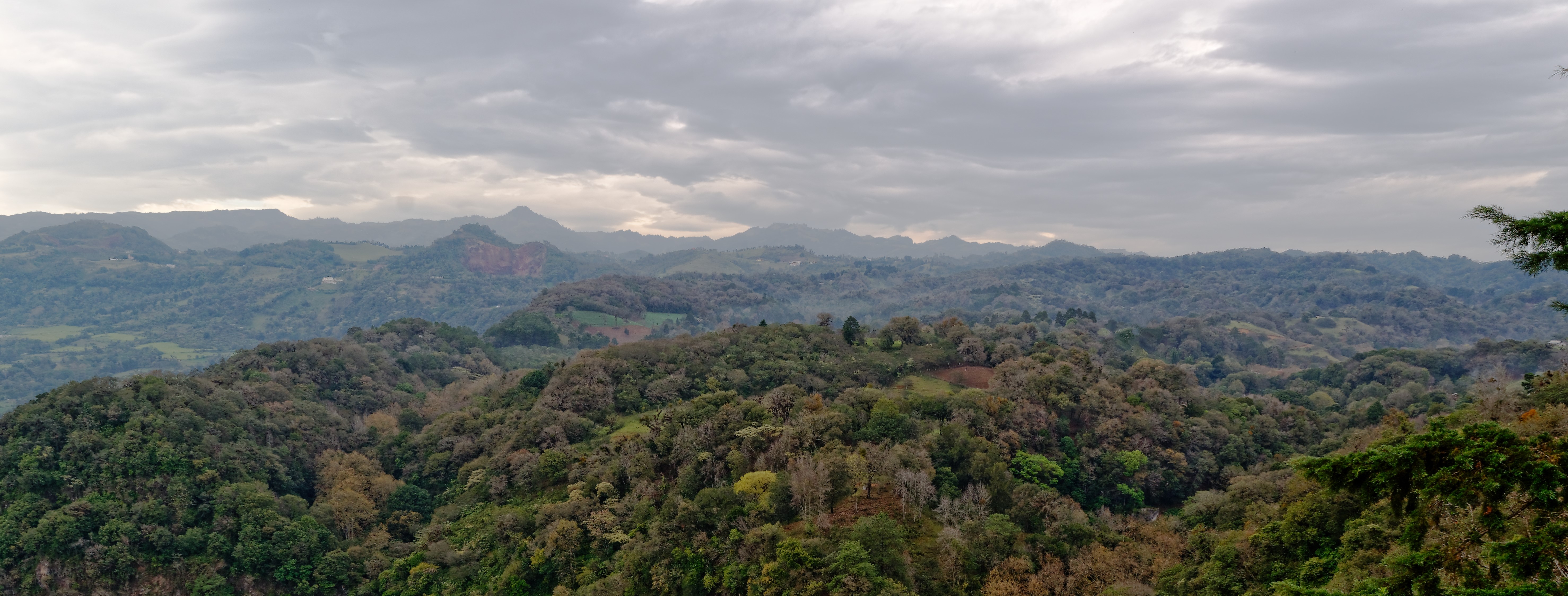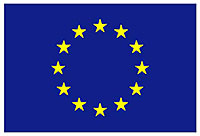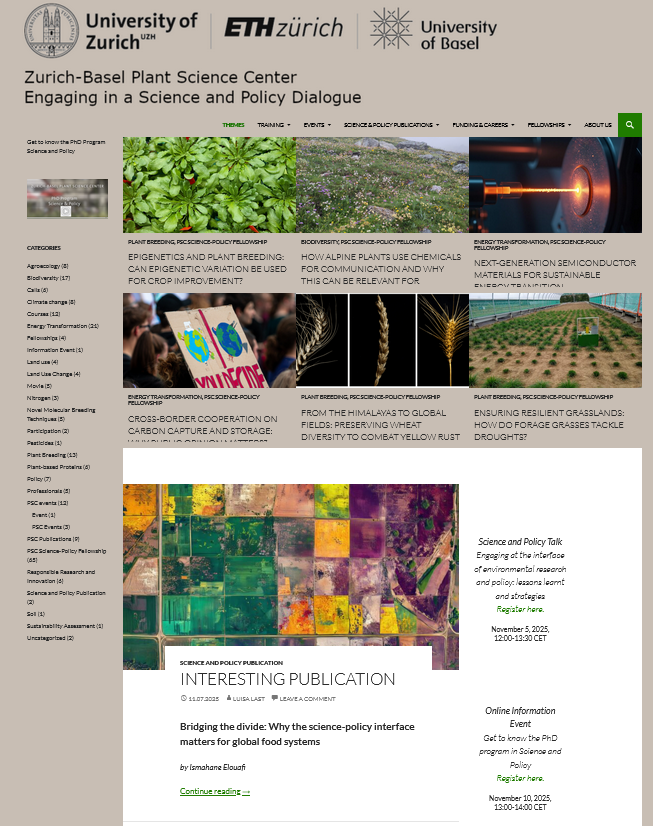The Role of Biodiversity in Sustainable Energy Transitions for Charcoal

Fellowship Duration: May 2020 - Apr 2024
PhD Student: Dabwiso Sakala (LinkedIn)
Principal Investigator: Prof. Maria Joao Ferreira dos Santos, Department of Geography, University of Zurich, Switzerland
Project Partner: Dr. Clovis Grinand, Researcher / Project Manager, Nitidae France
Research Fields: Land-Use Decisions, Sustainability, Social-Ecological Research and Ecology, Energy Sciences
Project Description
Global demand for charcoal is increasing mainly due to urban population in developing countries. More than half the global population now lives in cities, and urban dwellers are restricted to charcoal use because of easiness of production, access, transport, and tradition. Growing demand for charcoal, however, may lead to increasing impacts on forests, food, and water resources, and may even create additional pressures on the climate system. The project will for the first-time link trait-based approaches and ecosystem models to the case of charcoal production in the tropics. Its findings will contribute to the fields of functional diversity (within ecology), social ecological systems, complexity science and energy science. Specifically, this project will build on an existing project in the lab looking into the livelihood impacts and drivers of charcoal production in Tanzania. We will build on this expertise to integrate the role of biodiversity in sustainable energy transitions for charcoal, namely through integration with societal drivers of charcoal use, which are dependent to some extent on traits for charcoal production but determine trait evolution as well. The project will review and embed the social, economic and cultural components of the history and evolution of charcoal use with trait evolution to determine their contribution to carbon cycling.
The secondment partner Nitidae will hereby provide connection to local conditions and advancement of capacity in the project areas. This integration is fundamental and will enhance the relevance of the project beyond the earth system and natural sciences, towards other disciplines. This project is highly relevant for society because a large fraction of urban populations in sub-Saharan Africa already depends on charcoal for their energy and cooking needs, and this is projected to grow. The demand from these urban populations is extremely linked to rural population livelihoods, biodiversity loss, and carbon cycling and accounting. One of the outcomes will be a White paper (e.g. policy recommendations for biodiversity and livelihood enabling charcoal sector or best practices for nature-based solutions for the charcoal sector). The results from the project will benefit societal groups in the target countries by providing results on the carbon and livelihood effects of charcoal production, fundamental to inform carbon and biodiversity policies, indicator reporting at national and subnational scales, as well as sustainable development objectives and goals that meet both poverty alleviation and biodiversity and climate change goals.
This fellowship is hosted by the Zurich-Basel Plant Science Center.
Activities and Publications
Doctoral thesis (ongoing)
PSC Blog article (2024) Charcoal Chronicles: Navigating Environmental Sustainability and Societal Needs in sub-Saharan Africa
Peer-reviewed article in Global Change Biology Bioenergy (2023) The effect of charcoal production on carbon cycling in African biomes
Conference talk at the World Biodiversity Forum (Davos Switzerland, Jun 2022)
Conference talk at the EGU General Assembly 2022 (Vienna, Austria, May 2022)
Secondment
Dabwiso spent his secondment at the premises of Nitidae in Montpellier, France. Together with his project partner, he worked on analyzing national-scale drivers of forest dynamics in Mozambique using random forest models. This project aimed to identify the primary factors influencing forest composition and structural changes across the country, thereby contributing to the understanding of ecological shifts within Mozambican forest ecosystems. During the secondment, Dabwiso and his team mapped key drivers of forest change, such as deforestation, agricultural expansion, and climate-induced disturbances, which have significant implications for biodiversity conservation and sustainable land management. Together, they produced spatial probability maps predicting various forest dynamic states, providing important insights for forest managers, policymakers, and conservation stakeholders. The research led to a manuscript which is currently in preparation for publication and forms a key component of Dabwiso’s PhD thesis. The findings of this study will contribute to discussions on sustainable forest management and conservation in Sub-Saharan Africa.
Duration: Apr 2023 - Jun 2023
Stakeholder Workshop
The stakeholder workshop on "Charcoal Production and Carbon Dynamics: Understanding Impacts Across Sub-Saharan African Biomes" took place on February 4, 2025 (online). The workshop focused on discussing the relationship between charcoal production and carbon dynamics within the diverse biomes of Sub-Saharan Africa. Charcoal, a vital energy source for millions in the region, significantly influences carbon emissions and sequestration processes across ecosystems. The event provided a platform for stakeholders to discuss the implications of charcoal production on carbon balance, ecosystem services, and local livelihoods. By using results from our first manuscript as a case study, the workshop aimed to foster collaboration and identify strategies to reduce carbon emissions from charcoal production while meeting the region's energy demands.
Workshop participants were members from the Njovu African Wildlife Conservation and the African Society of Zoology, both NGOs actively working in conservation in Zambia. Other participants included members of the Earth System Sciences from the University of Zurich, and conservation studients from Eden University in Zambia. Dabwiso co-organised the workshop together with African Society of Zoology, and he delivered a presentation and fascilitated the discussion session. During the discussion session, he had the opportunity to interact with the stakeholders as they shared their different perspectives on the topic.
One of the key message from this workshop was that charcoal production significantly disrupts carbon cycling, particularly in high-biomass biomes like tropical rainforests and montane forests, turning them from carbon sinks to carbon sources. Current charcoal production practices in Africa are unsustainable because even low harvesting rates leads to significant carbon losses and prolonged ecosystem recovery times.
The slides (PDF, 3 MB) are available.



